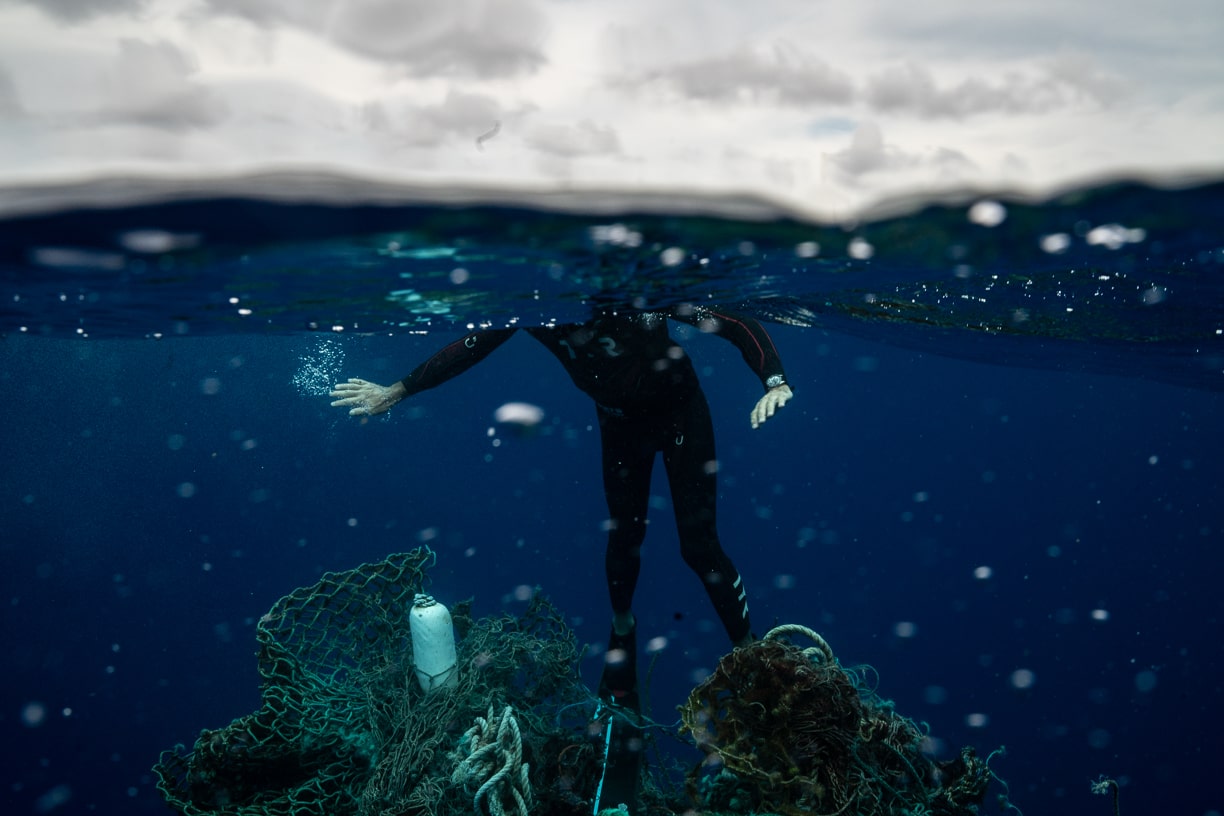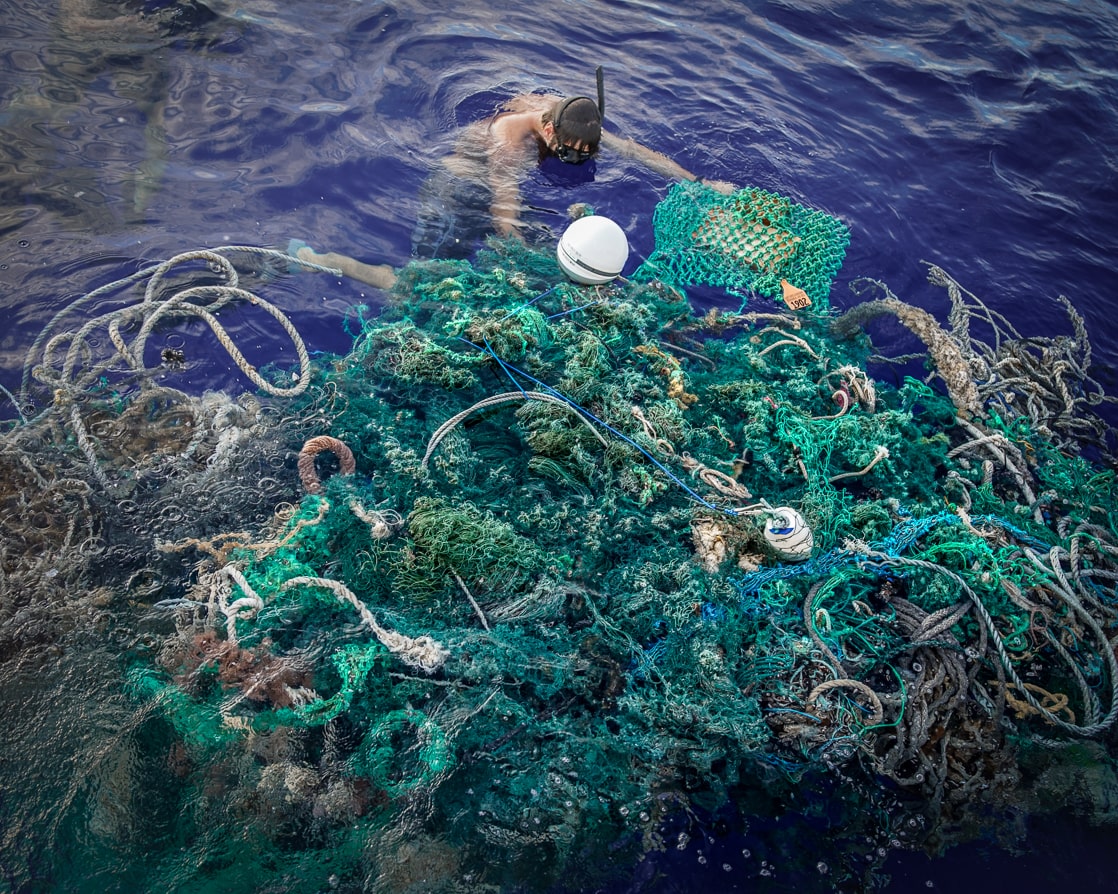
Long-distance swimmer Ben Lecomte is experiencing the beauty of the natural world and the true cost of plastic pollution in our oceans. After 40 days of swimming up to 8 hours per day, and pushing himself through his physical limits, Ben has finally clipped 200 nautical miles since commencing his triumphant journey on the 17 of June.
Since the swim kicked off, Lecomte has experienced first-hand the impact of plastic waste in one of the most remote places on the planet. In partnership with New Zealand clothing brand icebreaker, Ben Lecomte is on a mission to explore the most polluted area of the ocean and raise awareness around ocean plastic pollution and the impact of synthetic fibers on our environment.

After launching from Hawaii, the team is now in the heart of what is commonly called the Great Pacific Garbage Patch. The crew has found a smog of microplastic pollution, with an increase of near 1,000% compared to previous samples. This data will be shared with scientists around the world to help educate and inform future research.
In the 40 days at sea, Ben has seen the effect plastic is having on the ecosystem living in one of the most remote places on earth. So far, Ben has encountered the following:
- A frogfish stuck inside a plastic bottle
- Plastic fragment measuring 0.5in x 2in in the stomach of a mahi-mahi fish
- Albatross trying to eat colorful floating plastic debris
- Collection of 1 plastic particle every other second, an increase of 1,000%
- Toothbrushes, plastic bottles, bags, and toys which are becoming artificial reefs for marine life
“On one of my favourite days, I was swimming with a pod of whales while in the centre of the garbage patch – sadly, we also had our largest collection of microplastics up to this point on that day. It’s sad to see these creatures swimming through an area of such high concentrations of plastic. The effects are unknown but our contribution to research will hopefully help to understand the current situation.” – Ben Lecomte

Ben and his crew aim to arrive in San Francisco on August 31, having completed the 300 nautical mile swim, and the first unified transpacific survey of plastic pollution. Icebreaker believes that as humans we are all drivers of change, and with more information and research, we have the chance to reduce further plastic pollution to the planet. icebreaker is helping reduce plastic by using natural fibers instead of synthetics, 0% acrylic by 2020 and using plastic-alternative packaging.